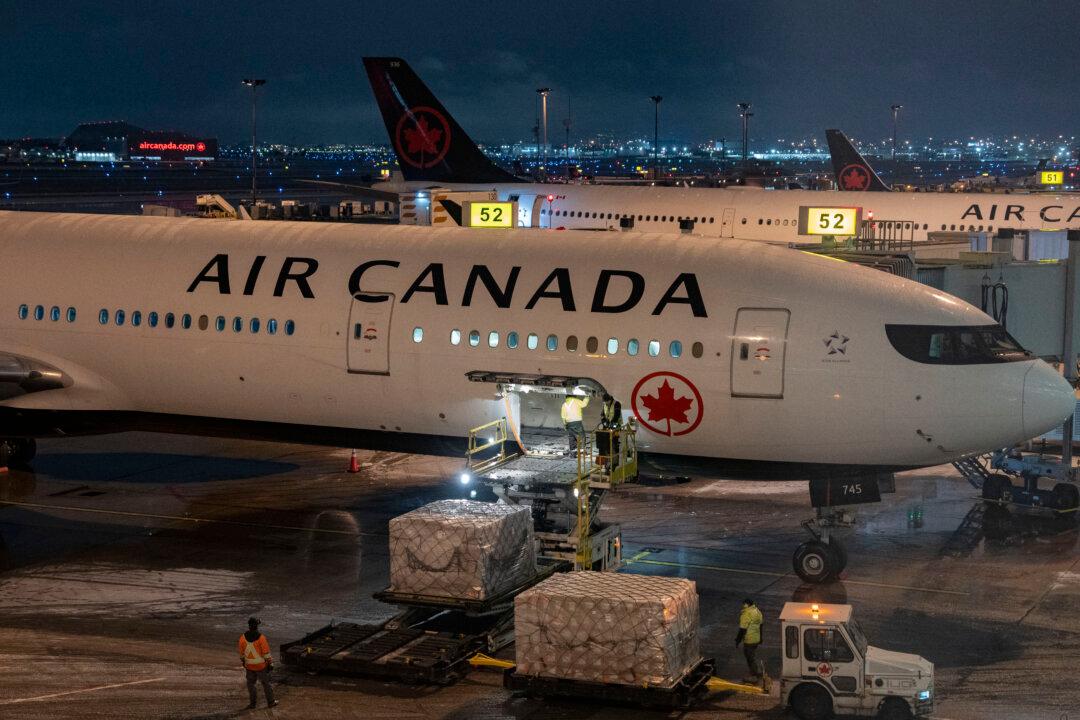QUEBEC—The Quebec national assembly has passed a controversial religious neutrality bill that obliges citizens to uncover their faces while giving and receiving state services. Members voted 66-51 in favour of Bill 62 on Oct. 18.
Tabled by Justice Minister Stephanie Vallee in 2015, it is the governing Liberals’ response to the Bouchard-Taylor report on religious accommodation from more than a decade ago.





